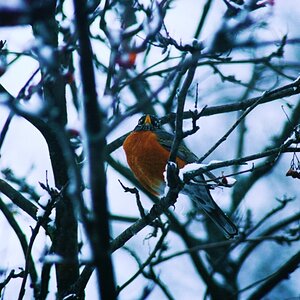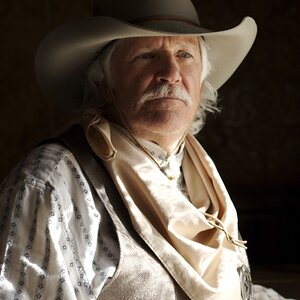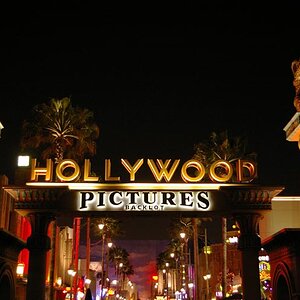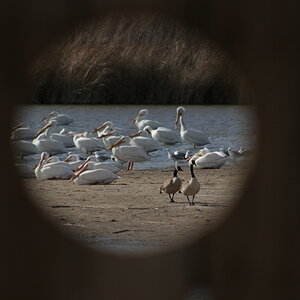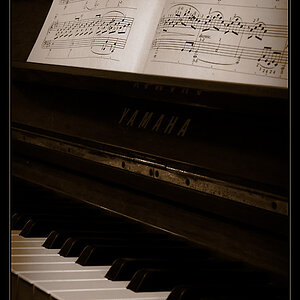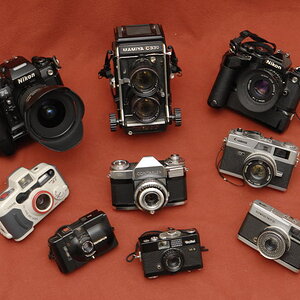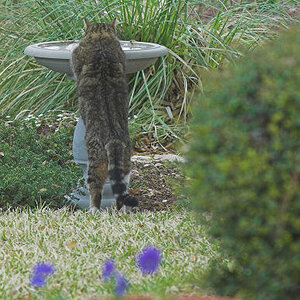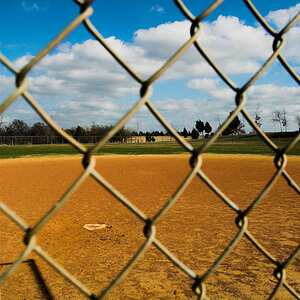Devananda
TPF Noob!
- Joined
- Dec 29, 2006
- Messages
- 187
- Reaction score
- 0
- Location
- Jackson hole wyoming
- Can others edit my Photos
- Photos NOT OK to edit
shooting a nikon D80 for a few weeks now and was thinking about theses 2 times teleconverters......
it would go on my nikon 80-200F2.8 get get just a little more reach for wildlife photog.
if you use one or know about these feel free to chime in.
i am most woried about pic quality .
thanks :hail:
it would go on my nikon 80-200F2.8 get get just a little more reach for wildlife photog.
if you use one or know about these feel free to chime in.
i am most woried about pic quality .
thanks :hail:






